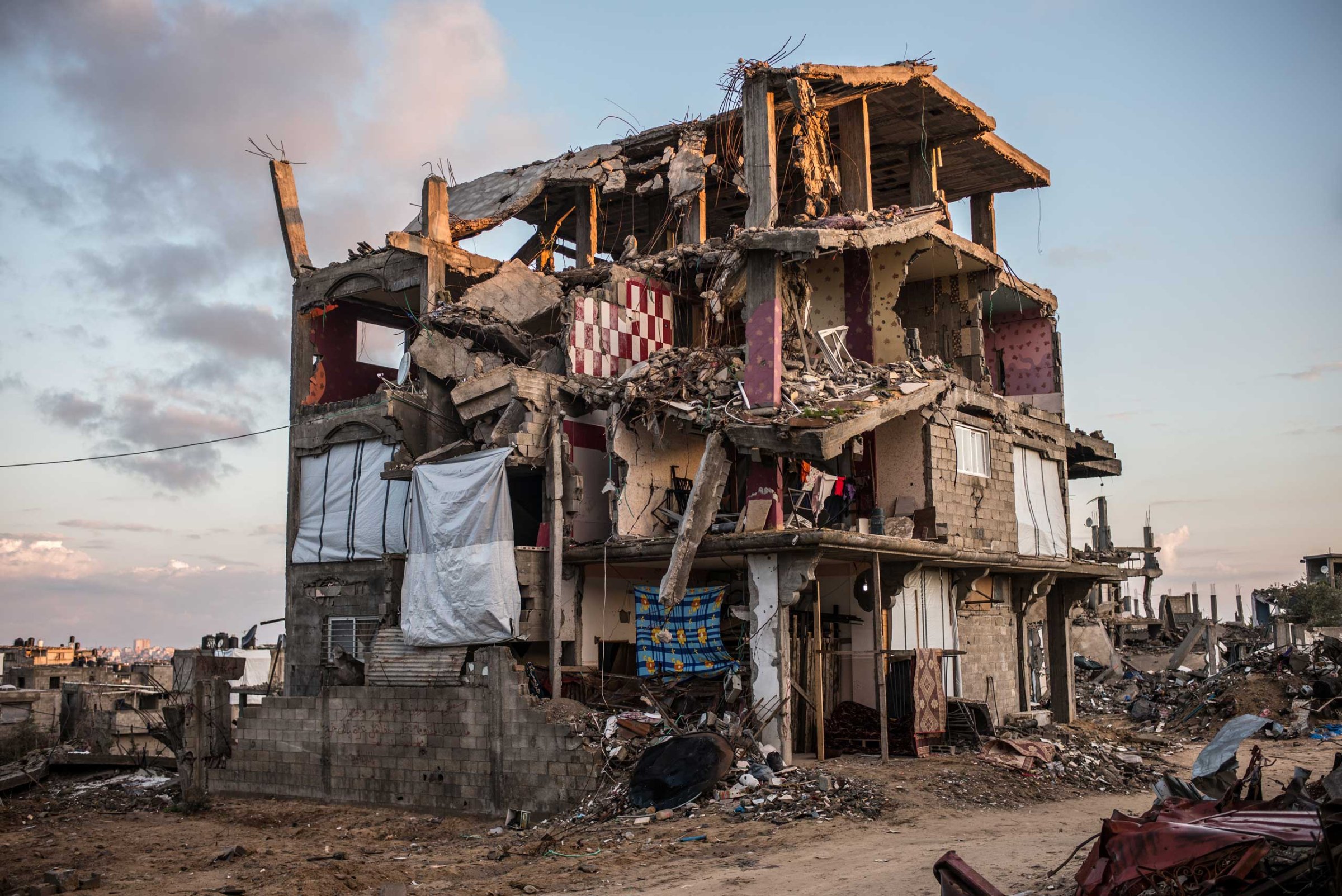
A freelance documentary photographer whose work focuses on the social impact of civil conflicts and under-reported social issues, Italian photographer Federico Scoppa headed to Gaza for the first time in 2013, eager to make a contribution to the wide documentation of the enclave’s dire reality.
“The initial idea was just to go [there] and see what the results of the bombing were,” Scoppa tells TIME, “but while walking the devastated streets and crossing neighborhoods completely knocked down, I started noticing spots of color that little by little appeared,” he recalls. “Then I saw that there were people who were coming back and settling back in their ravaged houses.”
The spots of color that Scoppa noticed were blankets, sheets, tablecloths and curtains used to cover and temporarily repair the holes left by rockets, to replace a broken window, a missing door, or a crumbled wall, providing protection and privacy for families eager to resume normal life.
Driving across the region in the winter of 2014, Scoppa documented the aftermath of the 50-day Israel-Gaza conflict known as “Operation Protective Edge,” photographing the hardship of war and its cost on civilians, showing with compassion the strength of human resilience. “I try every time to tell the story in a different way. I found this way to be not too obtrusive, [rather] delicate,” Scoppa says about this project. “Some people see only the sheets and then maybe they start to realize that there is a whole other problem underneath.”
The spots of color appearing among the rubble, in the gutted neighborhoods of Shejaiya, Beit Lahia, Beit Hanoun and Khan Yunis are fragile and touching signs of life. “[It is] a positive note of a desire to be reborn despite the destruction,” Scoppa explains. “It is very simple but very human, [it is] the need of a family to have a home they can call their own.”
It is, however, a fragile hope trapped within an immutable fate: a never-ending conflict in which both parties claim victory, while residents are left with no alternative but to rebuild on the debris. “This creates a layer of strong depression in many people, just because you start wondering what do you rebuild your house for,” Scoppa says, explaining his interest in investigating the psychological consequences of war on civilians.
Federico Scoppa is a documentary photographer focused on social conflicts. In 2015 he co-founded the CAPTA collective. He is based in Italy.
Mikko Takkunen, who edited this photo essay, is the former International Photo Editor at TIME.com.
Lucia De Stefani is a writer and contributor at TIME LightBox. Follow her on Twitter and Instagram.
Follow TIME LightBox on Facebook, Twitter and Instagram.
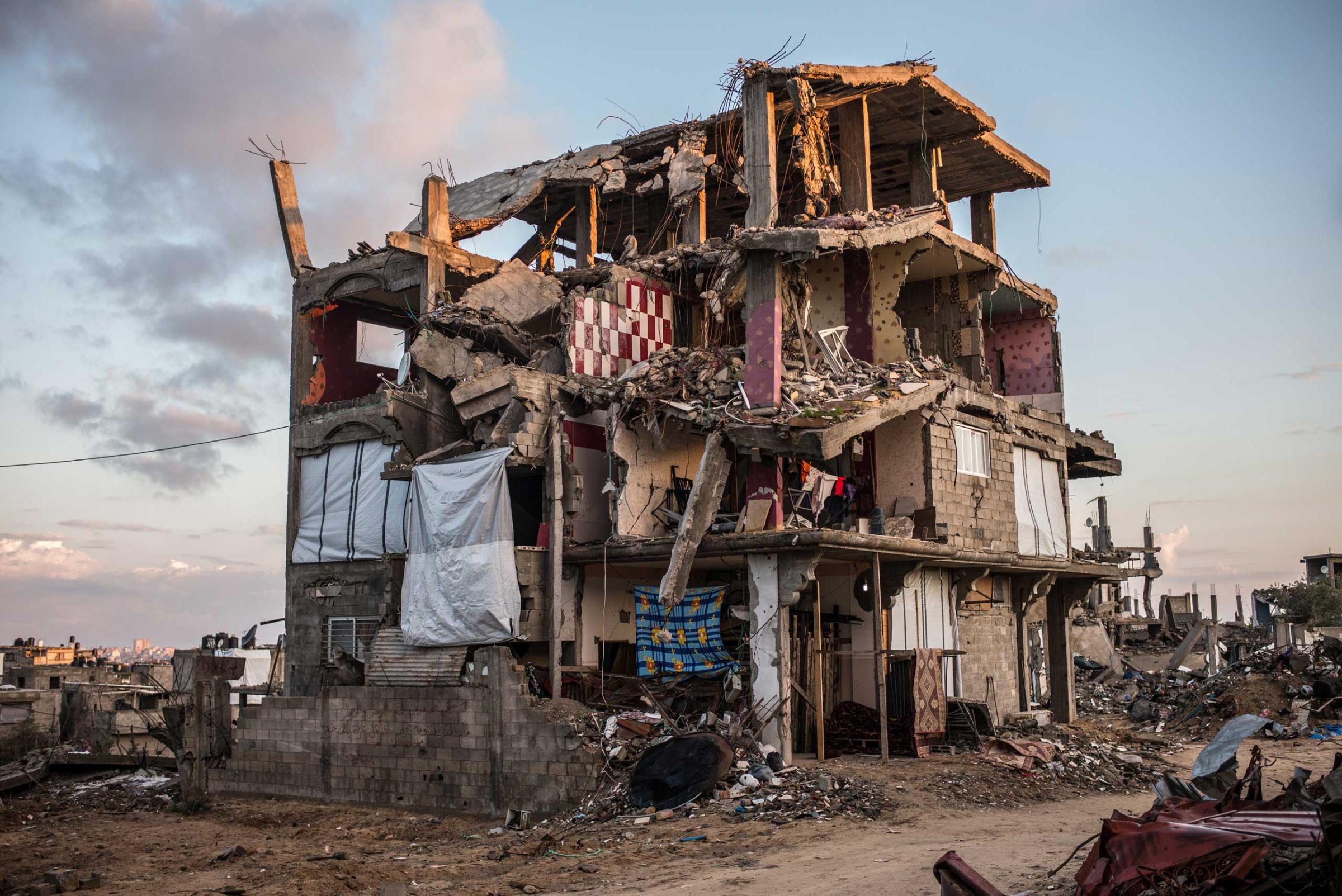
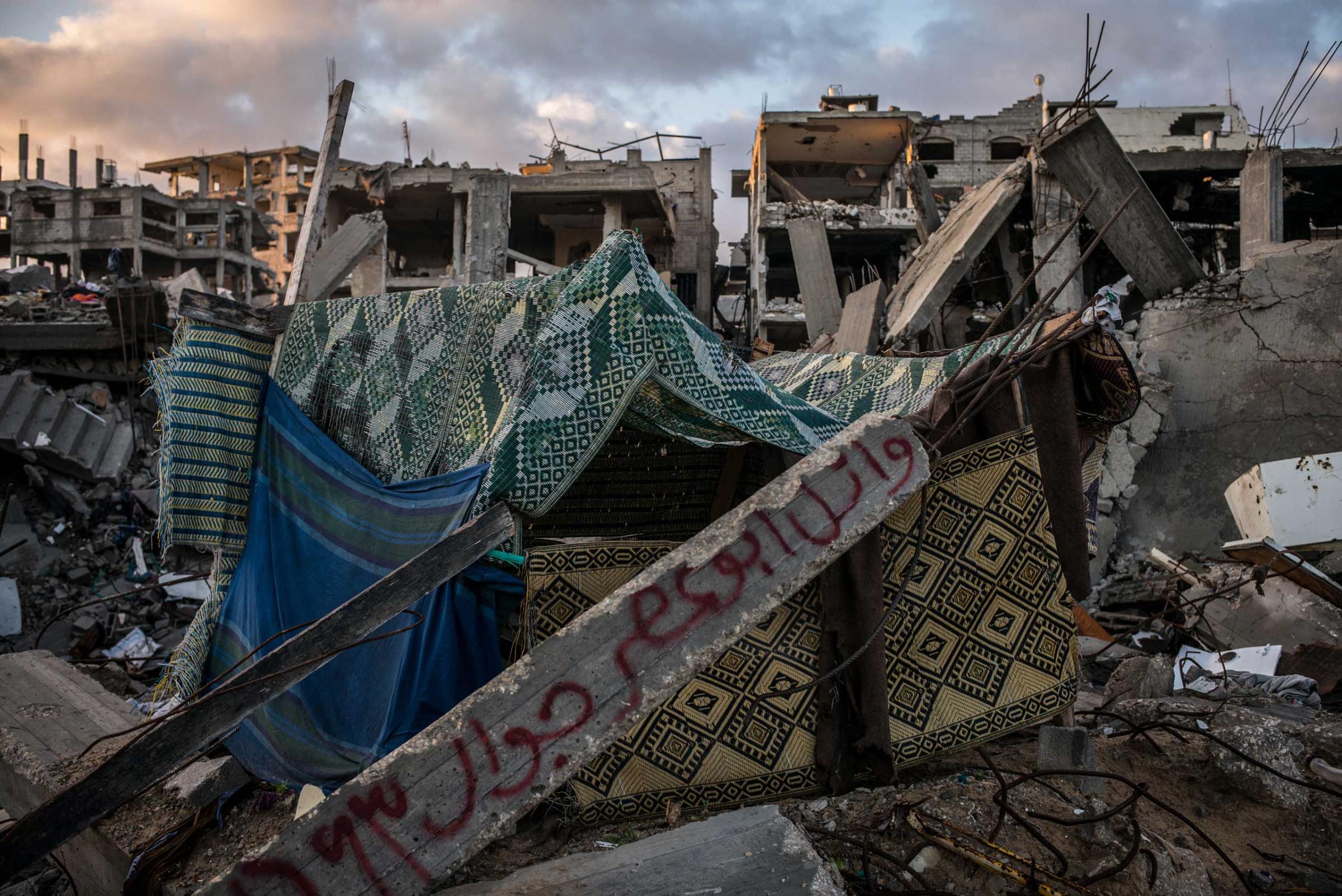
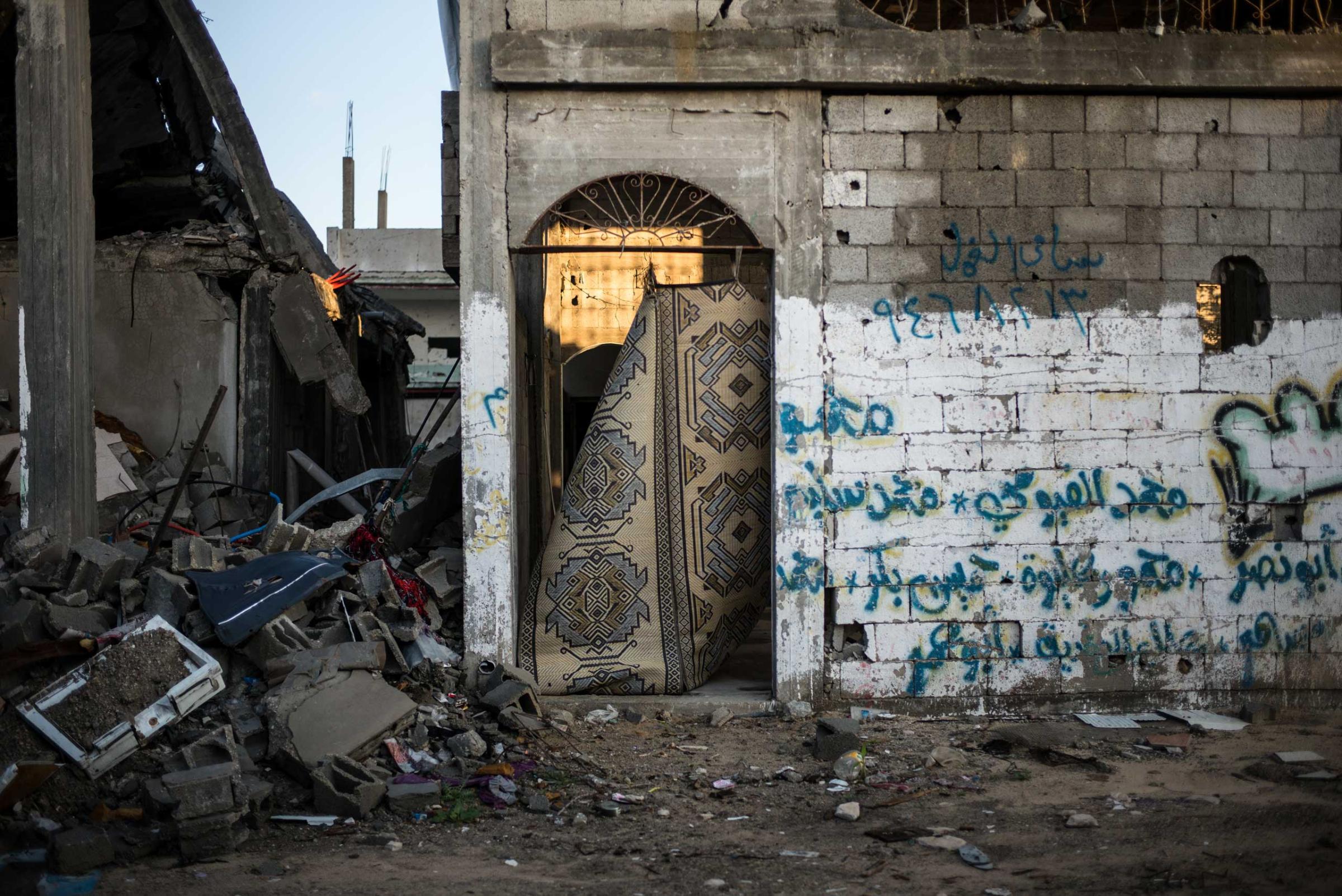
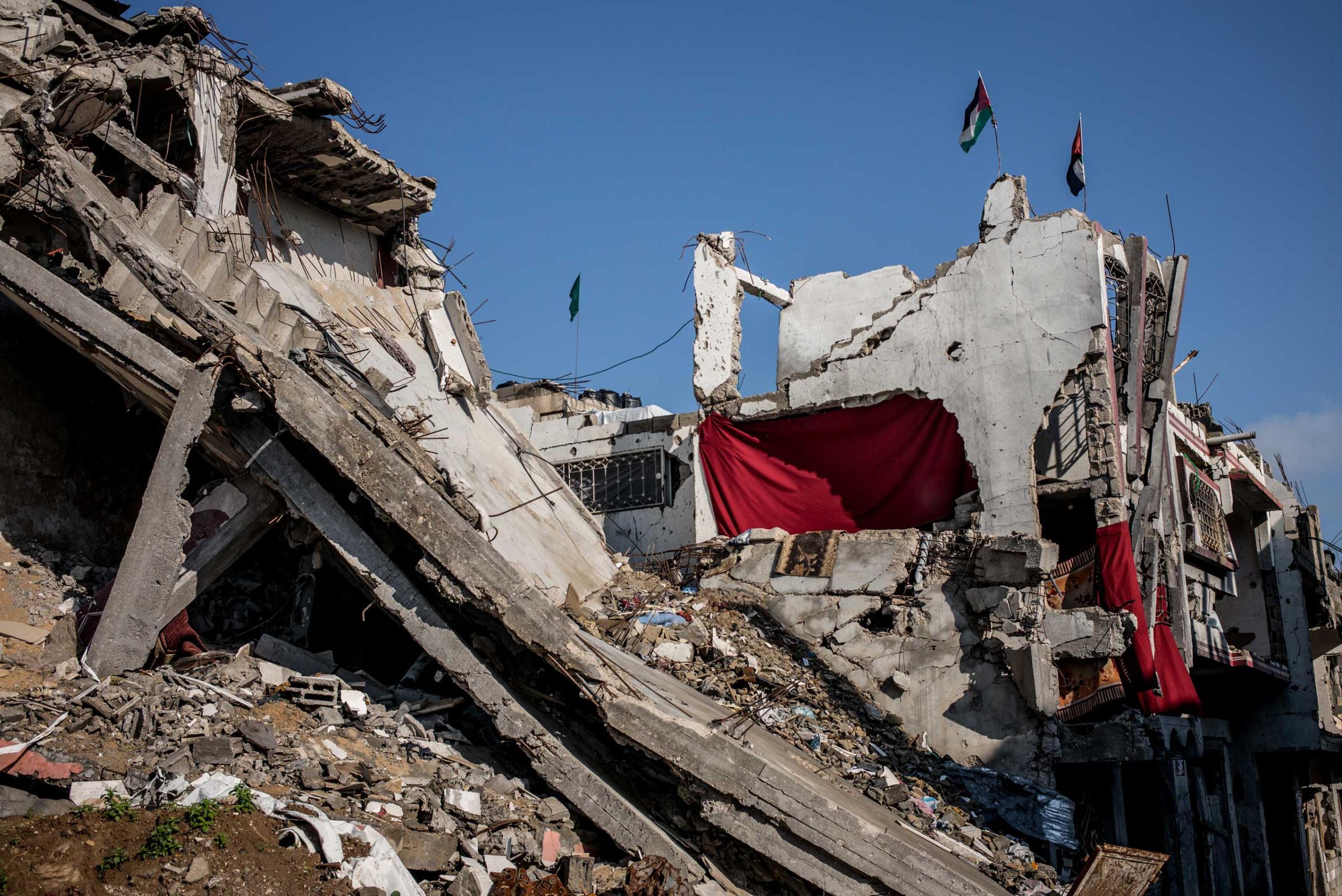
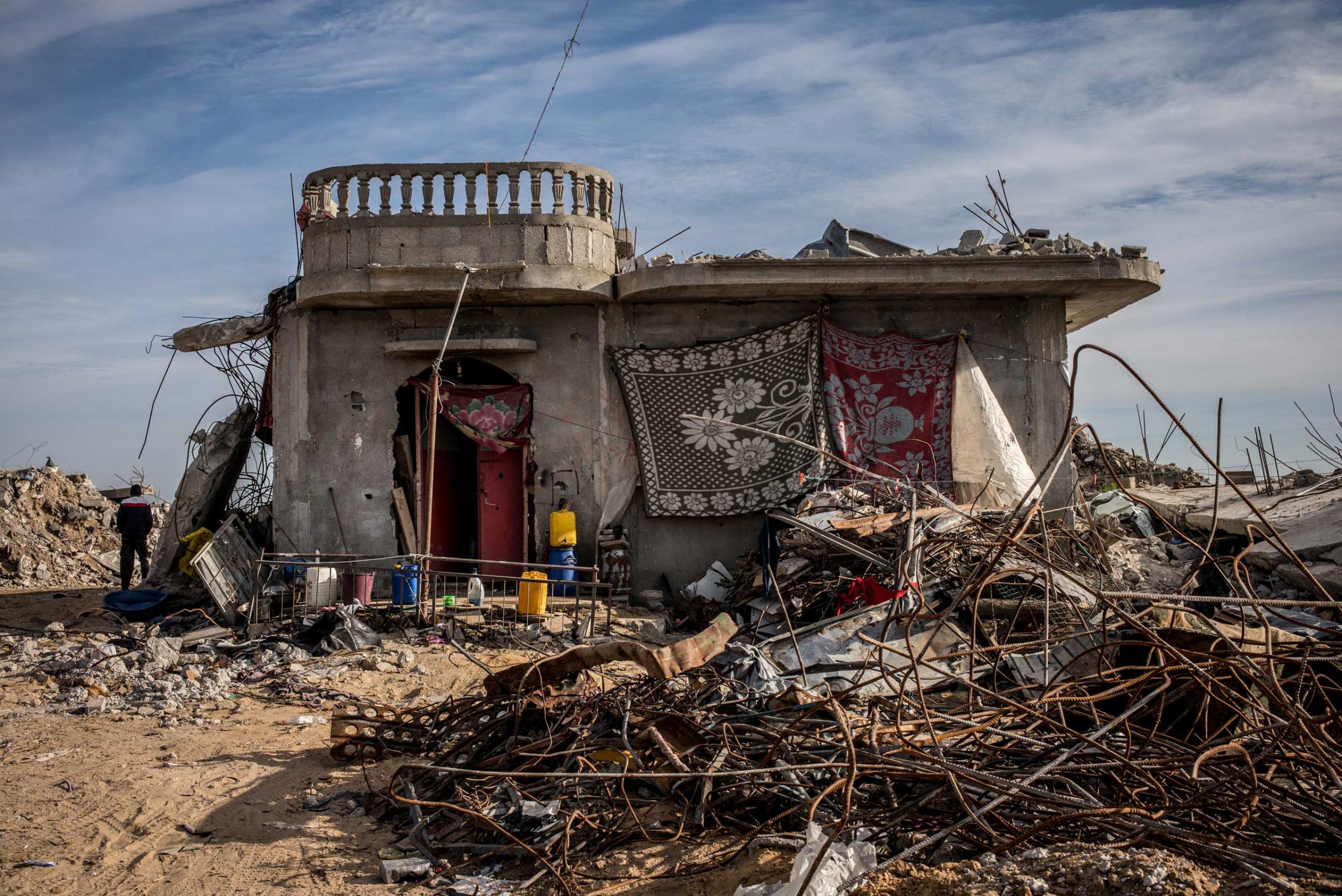
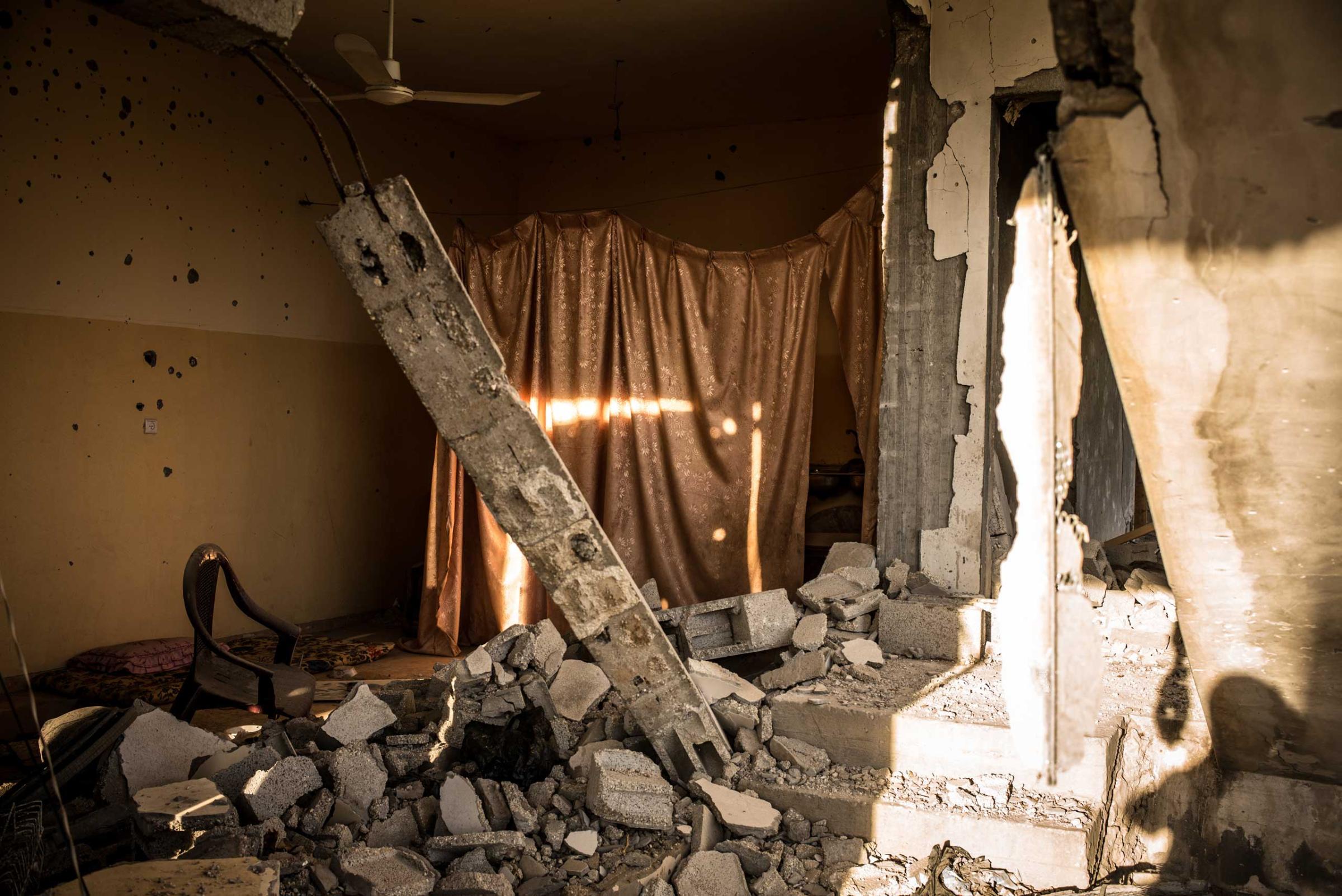
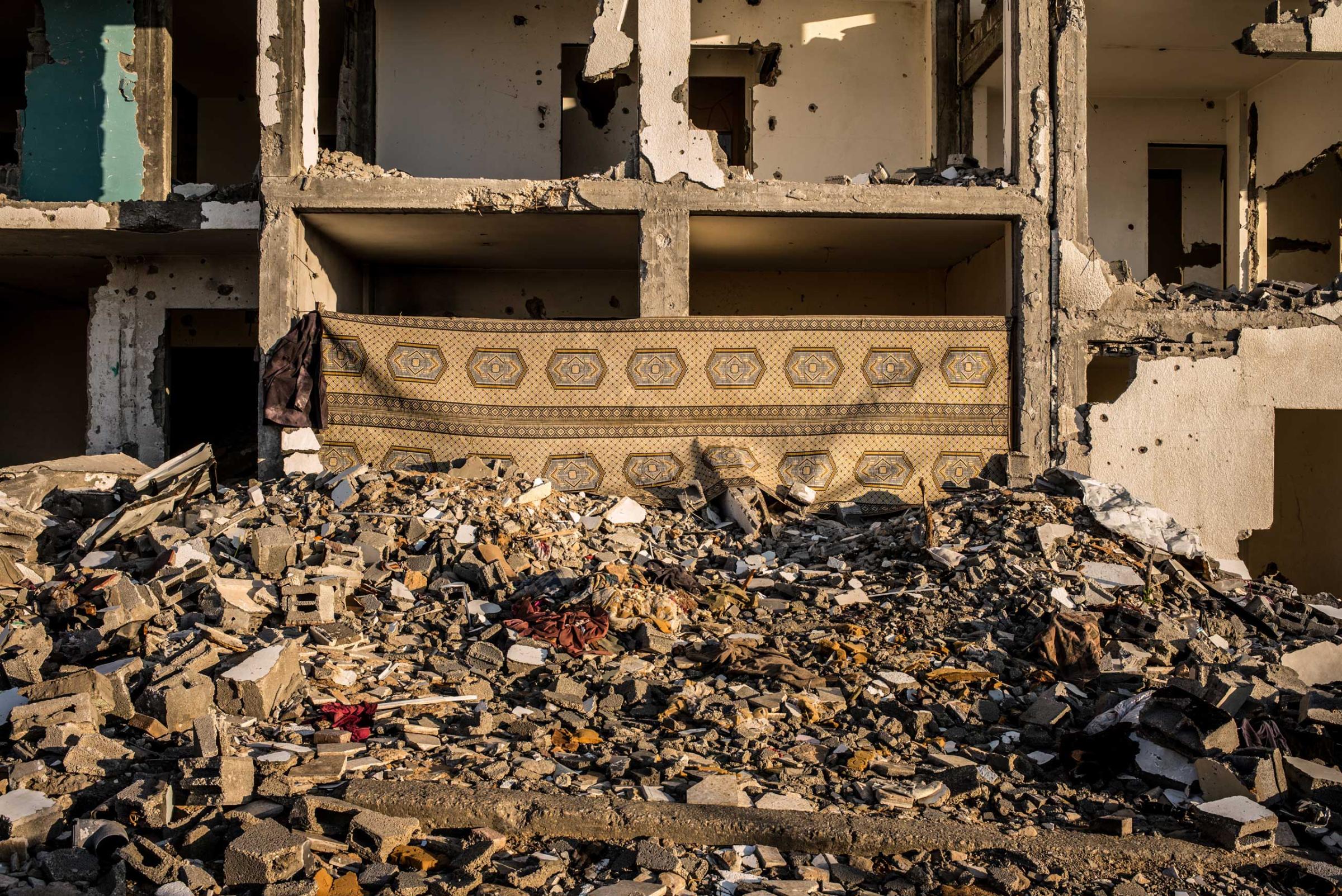
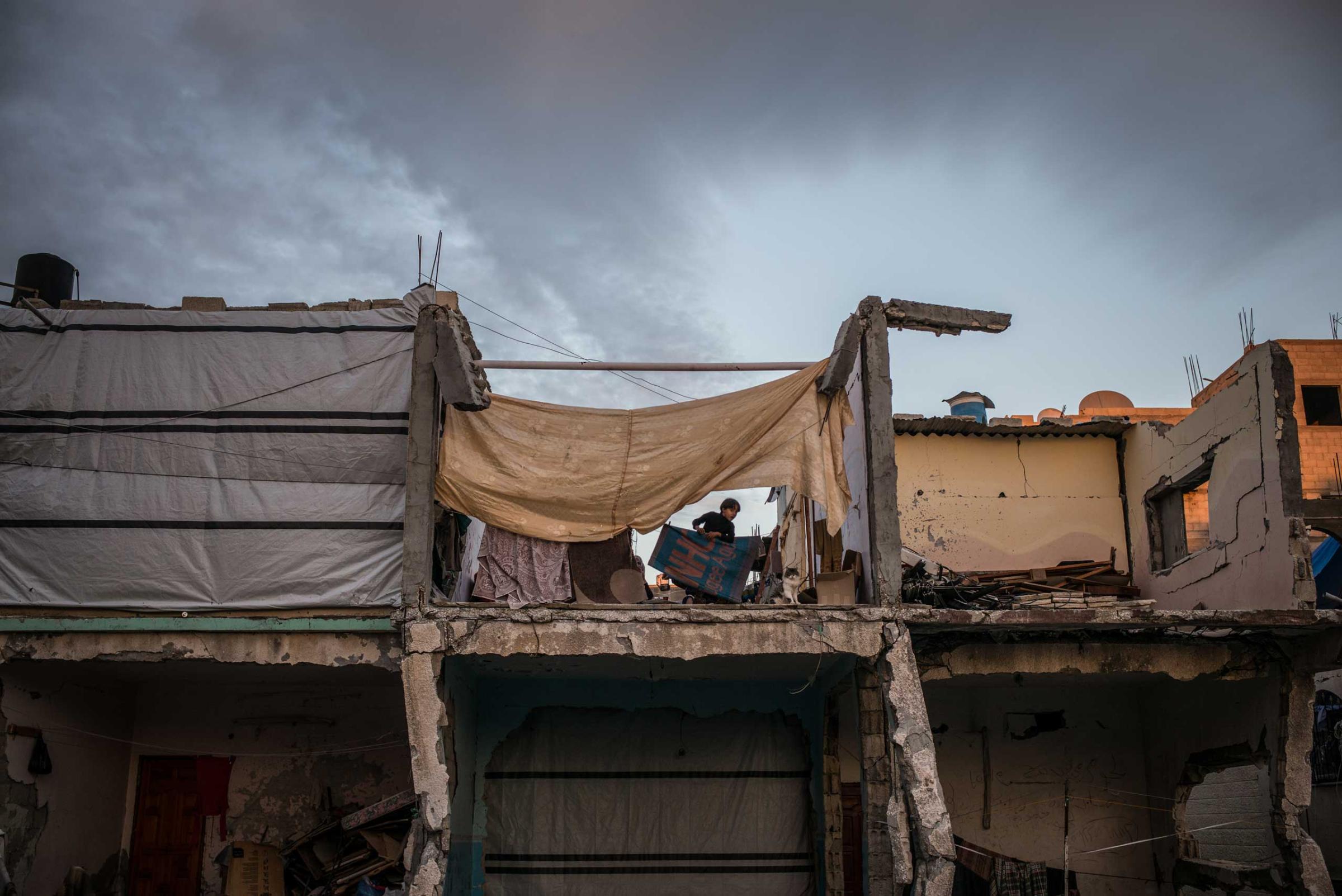
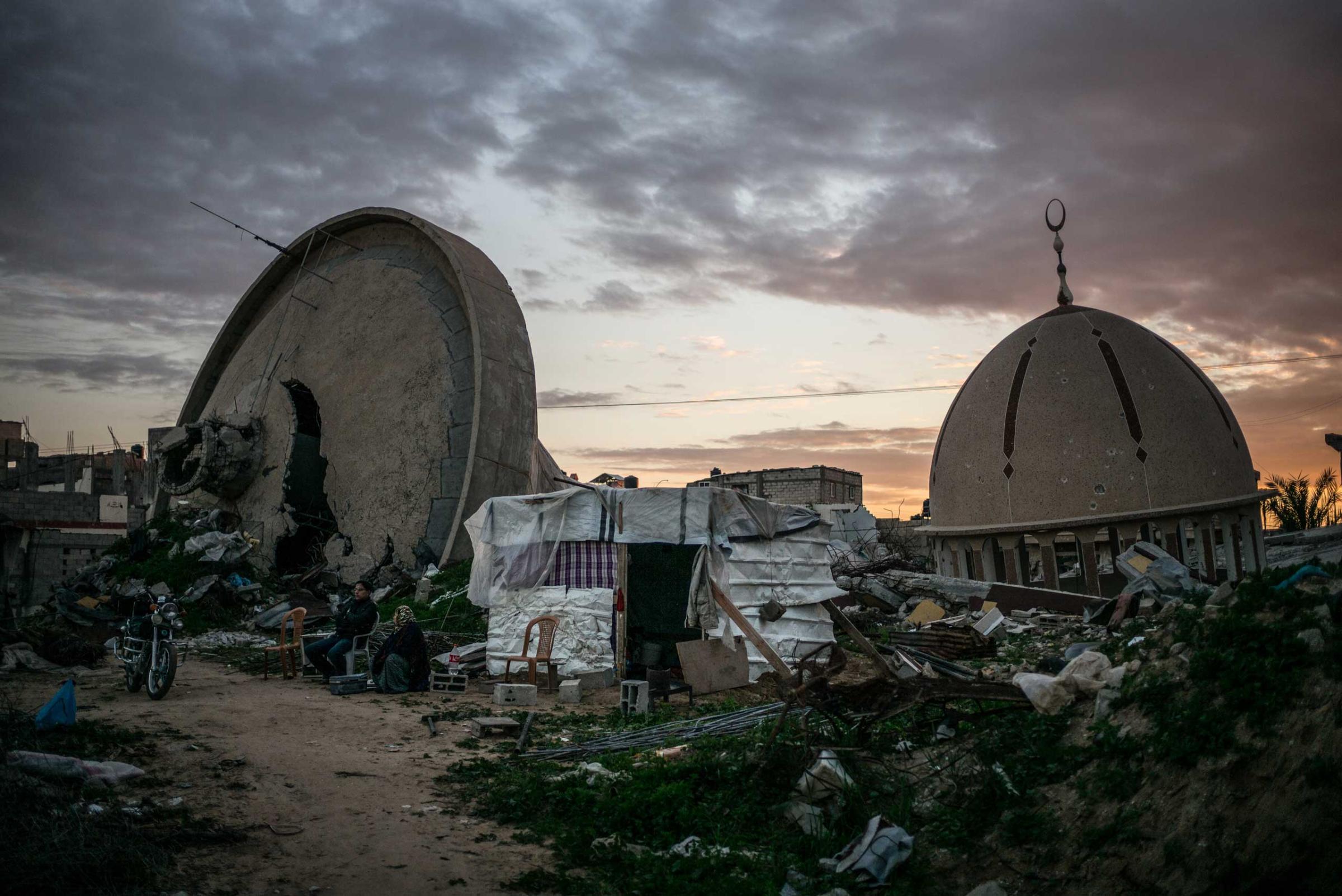
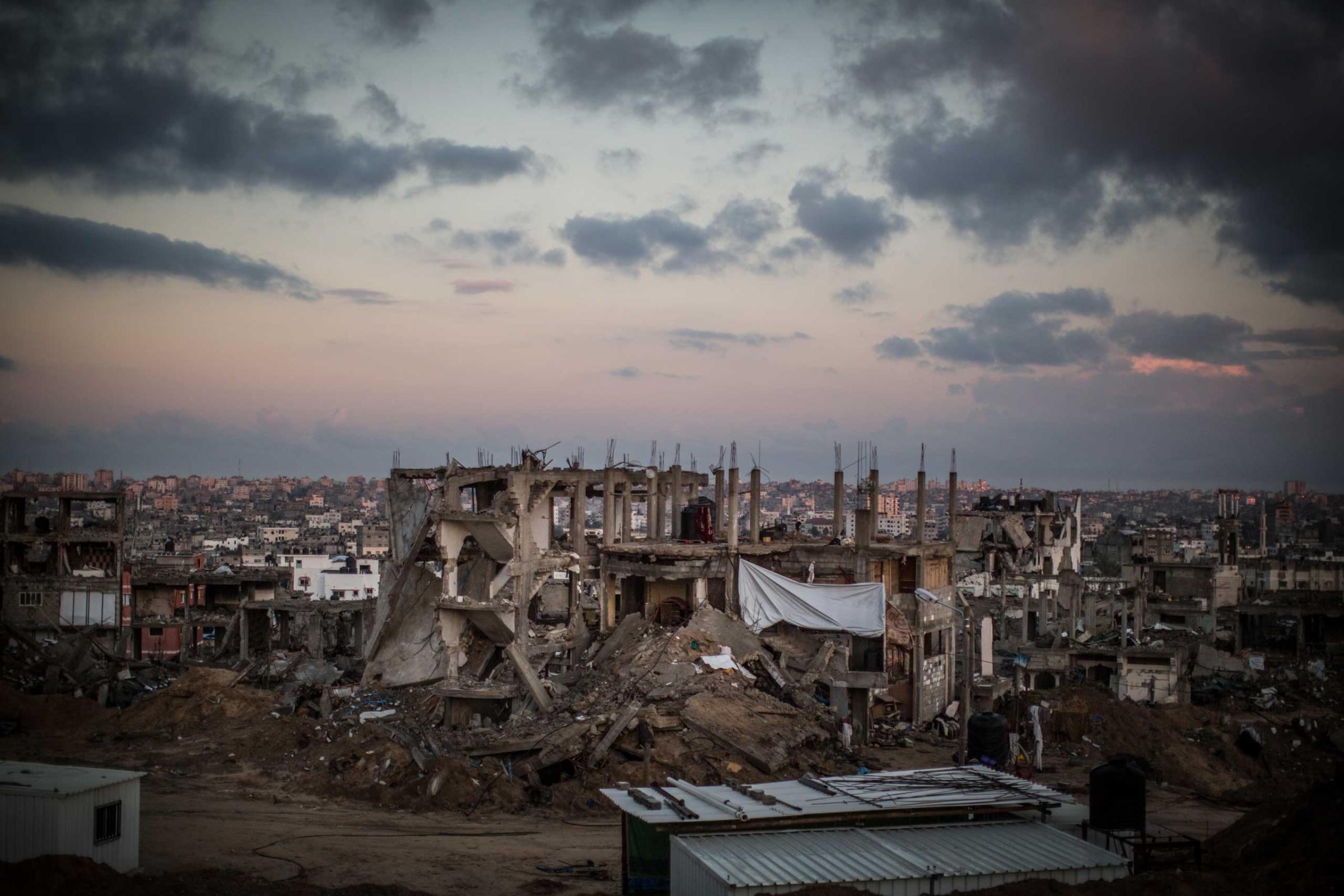
More Must-Reads from TIME
- Cybersecurity Experts Are Sounding the Alarm on DOGE
- Meet the 2025 Women of the Year
- The Harsh Truth About Disability Inclusion
- Why Do More Young Adults Have Cancer?
- Colman Domingo Leads With Radical Love
- How to Get Better at Doing Things Alone
- Michelle Zauner Stares Down the Darkness
Contact us at letters@time.com